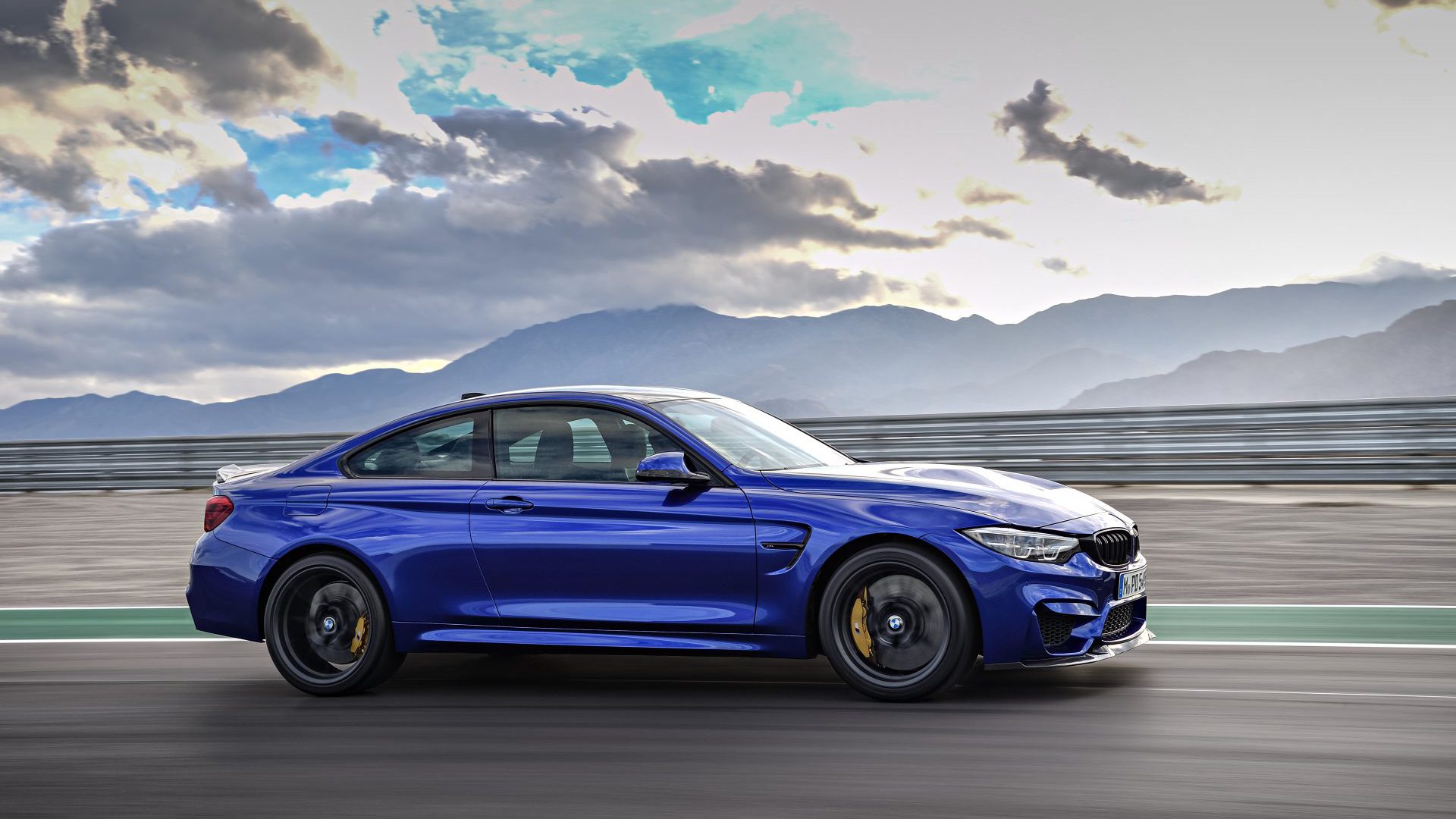

BMW has been one of the most driver-focused brands on the market for some time now, and building an enthusiast’s car for the businessman and giving it a proper manual gearbox has been a staple for the automaker’s diehard following. With the unveiling of BMW’s upcoming G20 platform, BMW has shown that the manual transmission has become less of a priority for the future of its brand, which according to Road and Track its engineers say shouldn’t worry those buying M cars for at least the next decade.
Klaus Frohlich, BMW’s development chief, sat down at the Los Angeles Auto Show to discuss the bittersweet future of the manual transmission with regards to BMW M cars. The BMW-veteran brings good news to enthusiasts, announcing that the Germans will continue to stuff BMW’s current six-speed manual transmission into the next generation M4, which Frohlich considers to be the “fortress” of the automaker’s manual transmission.
“Honestly, the pure engineering answer is, you’re much faster with paddles and an automatic transmission,” Frohlich told Road and Track at the 2018 Los Angeles Auto Show. “They’re very precise and sporty. Especially on the Nurburgring, you are much better in control when you’re not taking one hand away [to shift]. I think, in the overall portfolio, manuals will disappear. But I think M4 should be the fortress of manual. So the last manual transmission which will die, it should die in an M4, as late as possible. That’s my view.”
Though Frohlich concedes that a flappy-paddle automatic gearbox is quicker ’round the track, he acknowledges the niche market that BMW has built around a very specific platform that all but defines the legacy of the M3 and M4: a front-engine, inline-six with a manual gearbox that puts the power down to the rear wheels. Because of this, he confirms that the next generation M4, which will likely be produced until 2027 or 2028, will feature the same manual transmission with a rear-wheel-drive drivetrain available. We had hoped this was the case, as BMW affectionately coined the next M4 the “drift machine.”
Unfortunately, BMW isn’t investing in a new manual transmission at this time. With a limited amount of people buying three-pedal M cars that output gobs of torque, building a reliable manual transmission for the desired power output would simply cost too much. The automaker says that it simply isn’t able to turn a profit when considering the research and development costs that go into designing a new transmission.
“Honestly, you have a problem with manuals,” Frohlich continued later in the conversation. “Because we have these turbocharged engines with 600 N-m of torque, to develop such a high-torque manual transmission for such a small volume isn’t profitable at all. So I tried to prolong the lifetime of the manuals, but we can’t invest in developing a new manual transmission. No transmission partner will do that with us. So we are evolving our existing manuals as long as possible.”
Frohlich has a reputation for being a no-nonsense kind of guy. Last month, he made the news after telling journalists that he no longer wanted to hear about how the E46 was the last “real” BMW the automaker produced. He is also the silent voice behind keeping both the manual transmission and rear-wheel-drive platforms alive for so long in favor of automatic and all-wheel-drive. But after the next generation M4, both coveted features may disappear and simply represent Frohlich’s legacy at BMW.